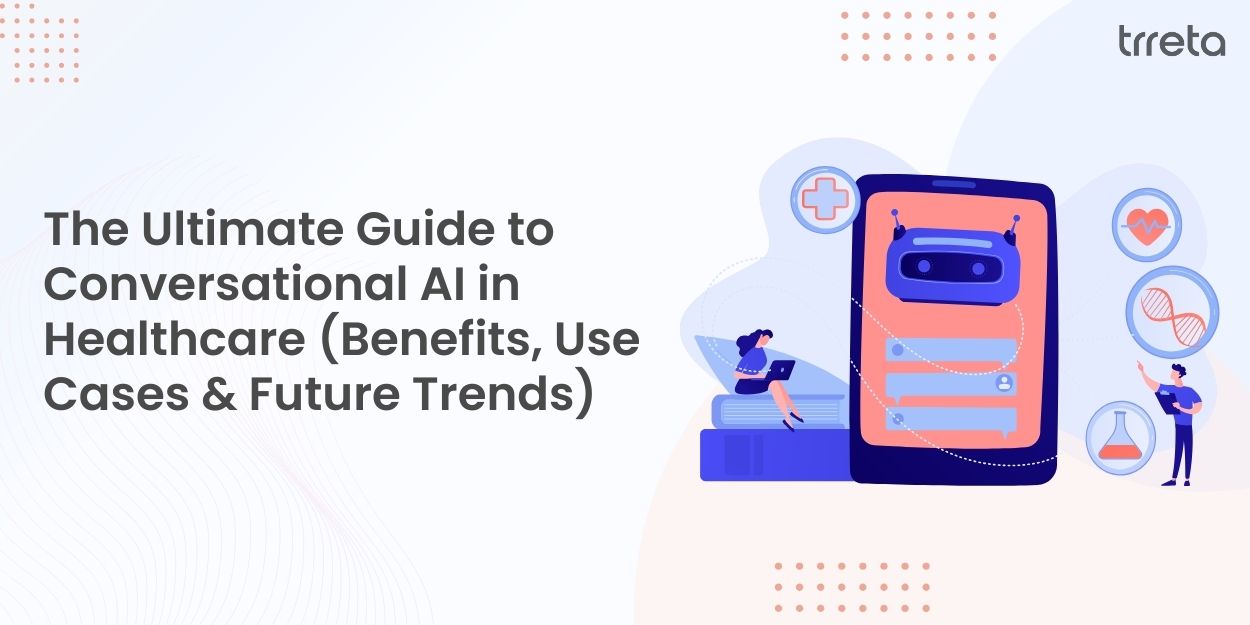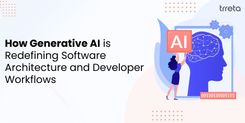It’s 2:37 a.m. in a small-town clinic. The night nurse is managing a critical patient in the ER while the phone keeps ringing with calls about medication refills and appointment queries. Nobody on the team has a spare minute, but patients still need answers. The tension is big in the room, and there’s a big gap to fill.
The good news is, conversational AI in healthcare is quietly filling the same gap.
Today, conversational AI for healthcare is not just a Silicon Valley experiment; but it is becoming an everyday operational tool.
Hospitals, clinics, insurance providers, and even mental health platforms are using healthcare conversational AI to answer questions instantly, triage cases, assist doctors with admin work, and keep patients engaged without burning out human staff.
So if you aspire to know more about conversational AI for healthcare, you have landed on the right page!
In this guide, we have broken down what it actually is, the real business impact conversational AI brings in healthcare, how forward-thinking healthcare providers are using it, and where it’s headed next.
What Is Conversational AI in Healthcare?
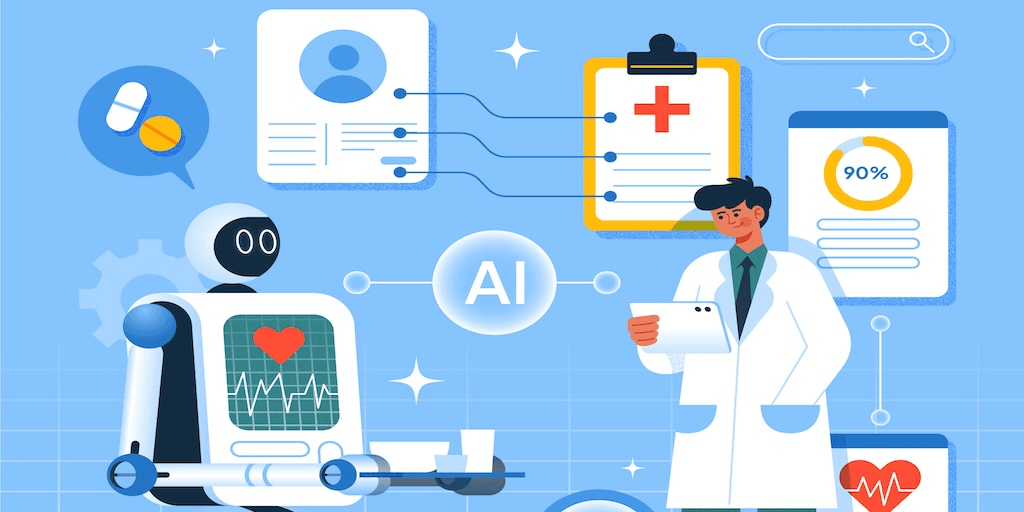
In simple words, conversational AI for healthcare is a healthcare-trained digital assistant that can understand human language, respond naturally, and improve over time through machine learning.
It combines natural language processing (NLP), machine learning (ML), and often speech recognition to hold conversations via conversational healthcare bots, voice assistants, or even wearable devices.
The best part about conversational AI? It’s context-aware. It means that it can remember what a patient has asked about a prescription earlier and link it to a follow-up question hours later.
And this new superpower clearly means that you’re not just automating replies; you’re automating intelligent, context-driven interactions.
You can dive deeper into real examples in our post on AI Healthcare Use Cases.
Why Conversational AI in Healthcare Matters?
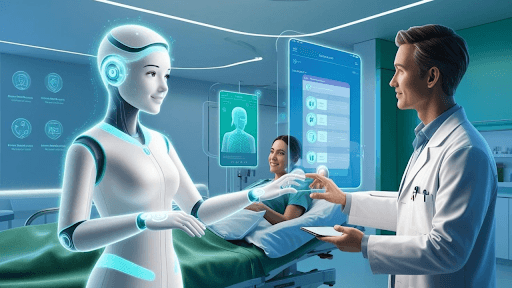
Today, when the need for skilled and specialized healthcare specialists is at its peak, healthcare conversational AI can outpace available human resources.
Industry data shows the healthcare chatbot market is already over $1 billion and growing fast. And this adoption isn’t just about outpacing the human resourcing, but also to keep pace with patient expectations in a digital-first world.
Here’s what is driving the growth of conversational AI for healthcare
- 24/7 responsiveness - No patient wants to wait three days for an appointment confirmation.
- Administrative relief - Automating insurance pre-authorizations, appointment reminders, and symptom triage means more time for patient care.
- Patient experience - There’s no doubt that faster, more personalized touchpoints lead to higher retention and satisfaction.
When scaled across an entire hospital network, the compounding effect of healthcare conversational AI is massive, resulting in lower wait times, better staff morale, and measurable efficiency gains.
5 Key Benefits of Conversational AI for Healthcare

Now that you know what conversational AI for healthcare means and what role conversational healthcare bots play in it, here are five major benefits of conversational AI in healthcare.
1. Always-On Patient Support
More than ever now, patients increasingly expect 24/7 service, and conversational AI delivers without extra shifts.
From appointment booking to answering FAQs about prescriptions, AI assistants are reducing the pressure on front-desk staff.
2. Operational Efficiency
Claims processing, pre-authorizations, and note transcription - all of these are the time thieves of healthcare. But now with conversational AI, you can handle repetitive tasks so clinicians can focus on patient care and critical cases.
3. Patient Engagement & Personalization
Moving next, AI-powered symptom checkers and remote monitoring tools keep patients connected to their care plans, all thanks to healthcare conversational AI and related technology. Think of tailoring reminders to individual routines - that’s an example of personalization made possible with AI.
4. Clinician Satisfaction
Imagine cutting documentation time significantly so that you can do more meaningful patient interaction. That’s now possible with AI scribe tools that reduce the paperwork, which results in less burnout and more productive work!
5. Accessibility & Emotional Intelligence
Last but not least, for isolated seniors or patients with chronic conditions, voice AI companions offer not just reminders, but conversation. Imagine having “empathy bots” as emotional well-being tools that engage with patients like a human!
Real-World Use Cases of Healthcare Conversational AI in Action

Lately, if you have been wondering how this latest technology is getting executed in real life, let’s have a look at some examples!
- Microsoft’s Dragon Copilot - It acts like an in-room assistant, transcribing and structuring doctor–patient conversations in real time, which later can be used for documentation.
- Cedars-Sinai Connect – It offers virtual consultations with AI-assisted diagnosis suggestions, improving speed without sacrificing accuracy.
- Ellipsis Health’s Sage - It detects emotional cues post-discharge and flags high-risk cases for human follow-up.
- Wearables like MICA - It records voice notes from patients and syncs with care teams for better coordination.
All of the above and conversational AI for healthcare can be used for -
- Appointment scheduling & reminders
- Symptom checkers and chatbot triage
- Medication adherence nudges
- Remote follow-up via wearables
- AI-powered transcription for doctors
- Emotional companion bots for mental health
These examples show conversational healthcare bots aren’t a one-trick tool, but they’re adaptable to multiple touchpoints in the patient journey.
Challenges & Ethical Considerations of Conversational AI for Healthcare
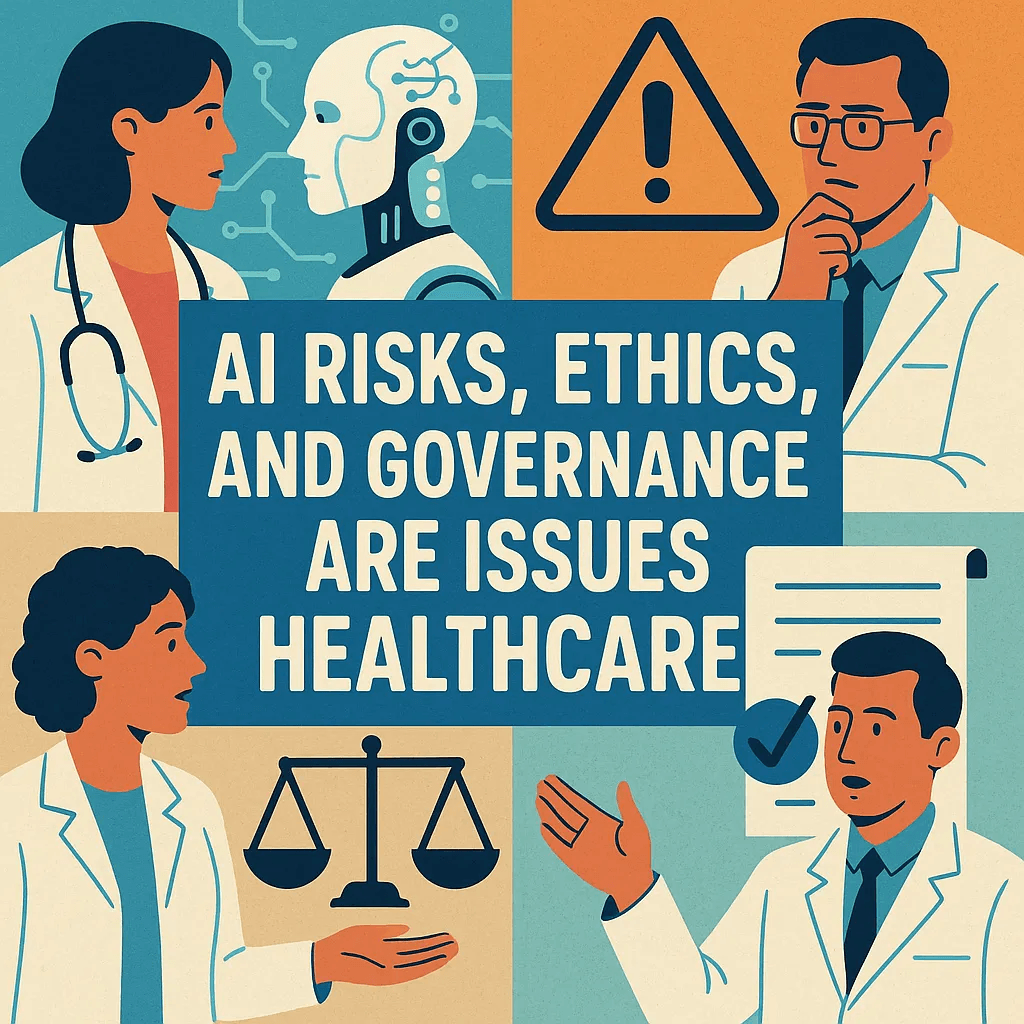
Now, everything is not shiny when it comes to conversational AI for healthcare. Despite all the great applications and benefits it has to offer, there are some challenges and ethical considerations that hinder the wide adoption of conversational AI in healthcare.
Some of these challenges and ethical considerations are as follows -
1. Data Privacy & Compliance - HIPAA, GDPR, and local laws require airtight protocols.
2. Limits of Empathy - AI can’t (yet) handle high-stakes mental health cases without escalation paths
3. Digital Divide - Some patients struggle with tech literacy or simply don’t trust AI.
4. Legacy System Integration - Many EHR platforms weren’t built for AI connectivity.
5. Transparency & Accountability - Clear guardrails are needed to prevent bias or unsafe recommendations.
And to overcome these challenges of conversational AI healthcare, it's important that people in leadership and government initiatives are in place.
When the attitude to welcome this emerging technology becomes widespread, the impact and influence will also be better seen!
Let’s have a look at some upcoming healthcare conversational AI trends in the following section!
Major Future Trends to Watch in Conversational AI Healthcare

- Emotionally Adaptive AI - Systems detecting tone, stress, or hesitation to adjust responses in real time.
- Wearable-First Conversational Tools - Smartwatches and medical wearables acting as proactive health companions.
- Generative AI in Documentation - Beyond transcripts, AI will prepare structured clinical notes ready for review.
- Expanded Roles in Patient Well-being - Moving from symptom management to active participation in recovery and mental health support.
And all of these are not far-off concepts; they are already getting executed as pilot projects in forward-thinking hospitals and care networks.
Why Trust Trreta with Your Healthcare AI Journey?
Deploying conversational AI healthcare solutions isn’t about installing software; it’s about reshaping workflows without compromising empathy or compliance.
At Trreta Techlabs, we:
- Build secure, scalable conversational AI systems aligned with healthcare regulations.
- Blend technical expertise with a human-first approach so patients feel heard, not handled.
- Offer end-to-end AI and ML development services from discovery to deployment.
So, if you’re ready to explore, contact us today for a tailored strategy session.
FAQs
1. What is conversational AI in healthcare?
Conversational AI healthcare is an AI-powered system that can converse naturally with patients, answer questions, and handle tasks like scheduling or triage.
2. How does conversational AI improve patient engagement?
Conversational healthcare bots improve patient engagement by offering personalized, immediate, and consistent interactions without long waits.
3. Which conversational AI healthcare use cases deliver the best ROI?
Some of the best conversational AI healthcare use cases that give the best ROI include appointment management, symptom triage, and AI-assisted documentation.
4. Are AI voice companions safe for older adults?
Yes, AI voice companions are safe for older adults when they are designed with clear privacy safeguards and escalation rules.
5. How do I start using conversational AI for healthcare?
The first step to start applying conversational AI is to define your highest-friction patient touchpoints, then pilot a conversational AI tool with measurable KPIs and scale applications accordingly!
